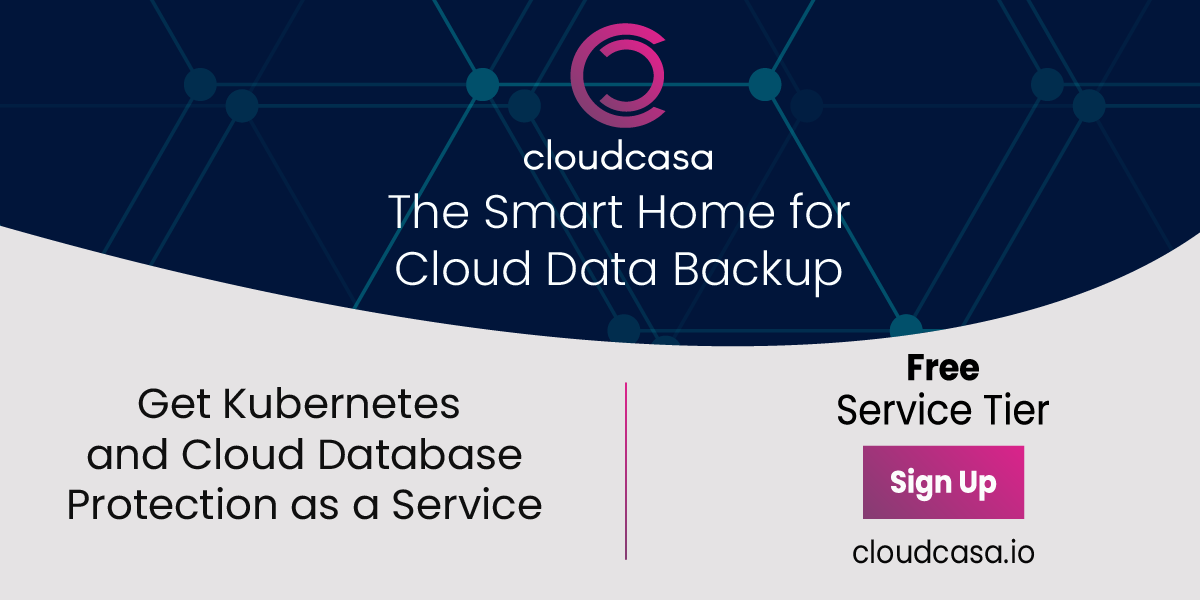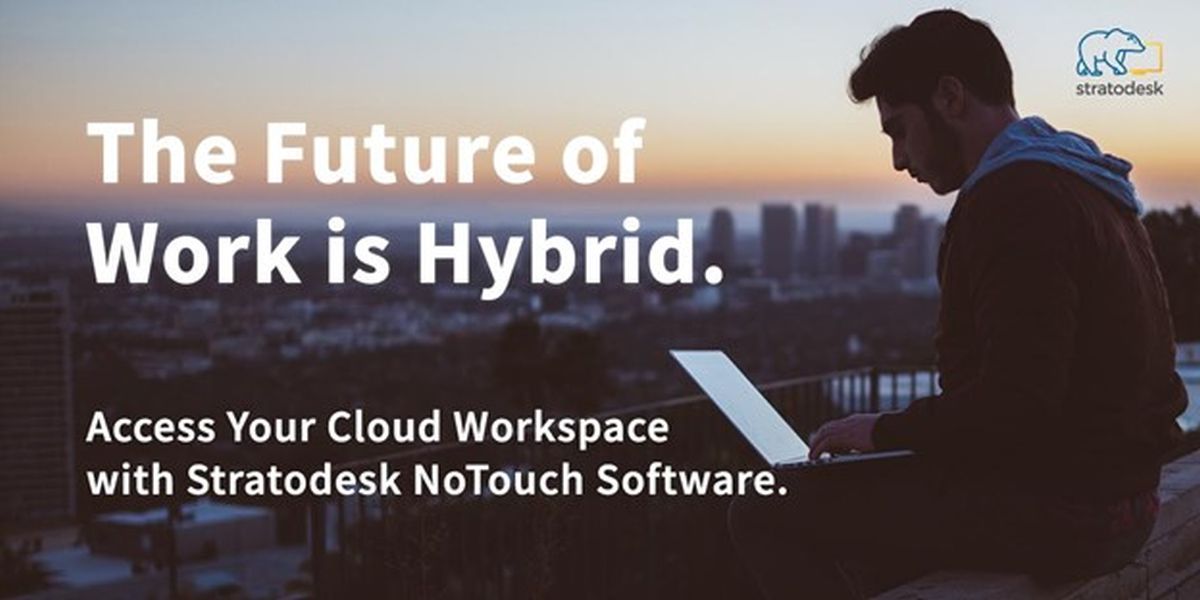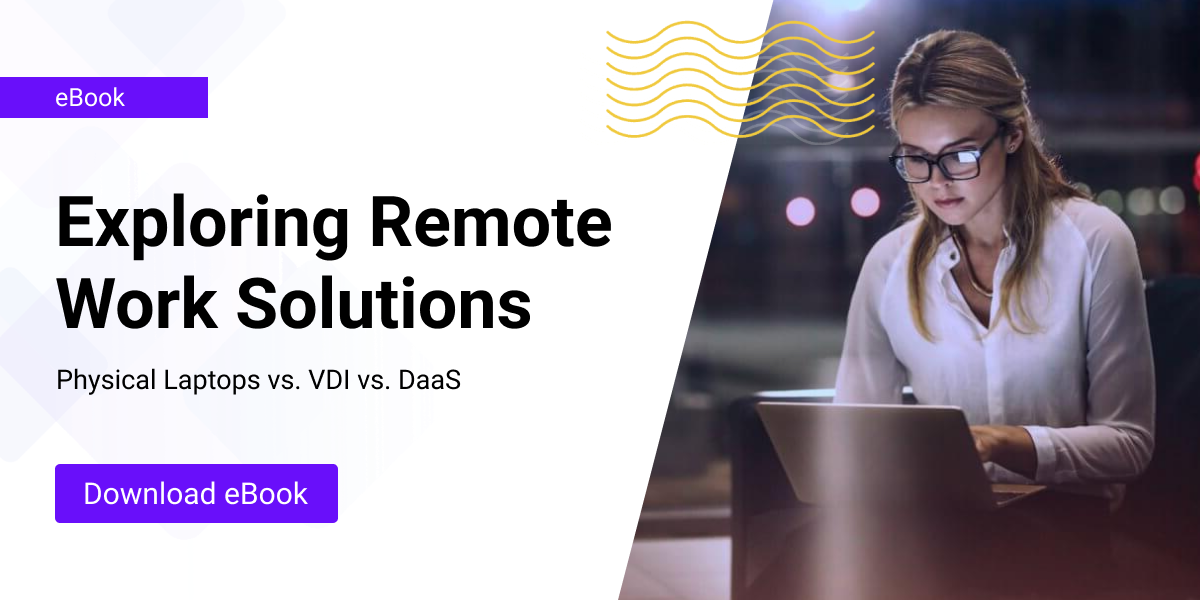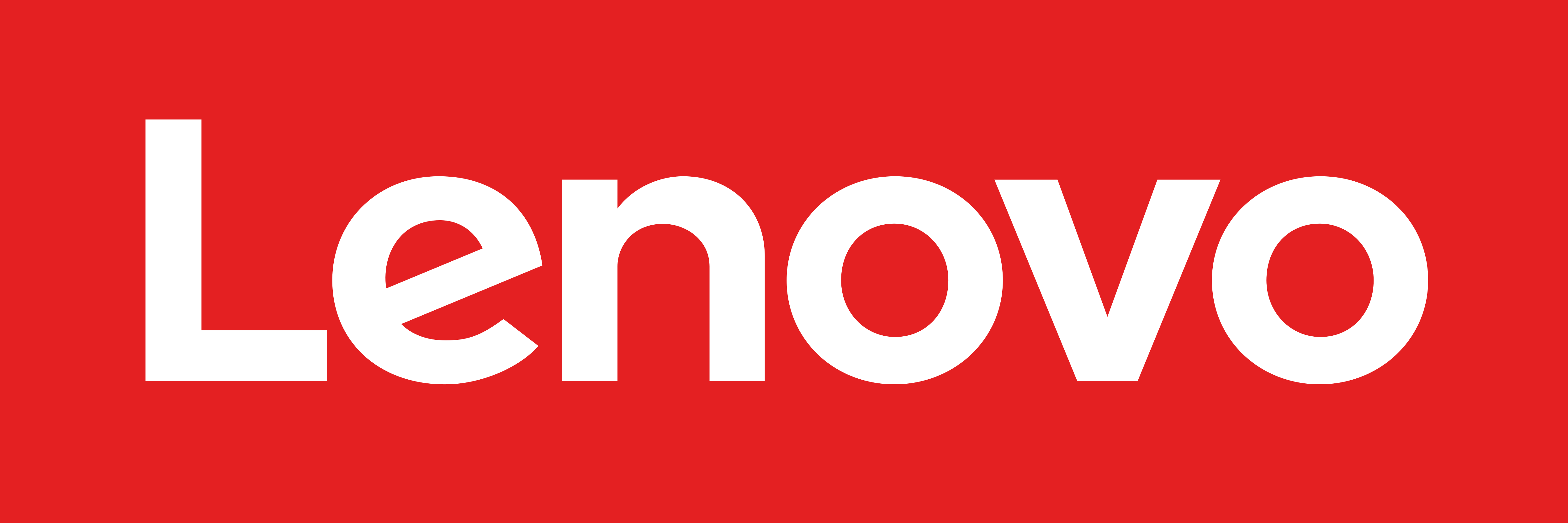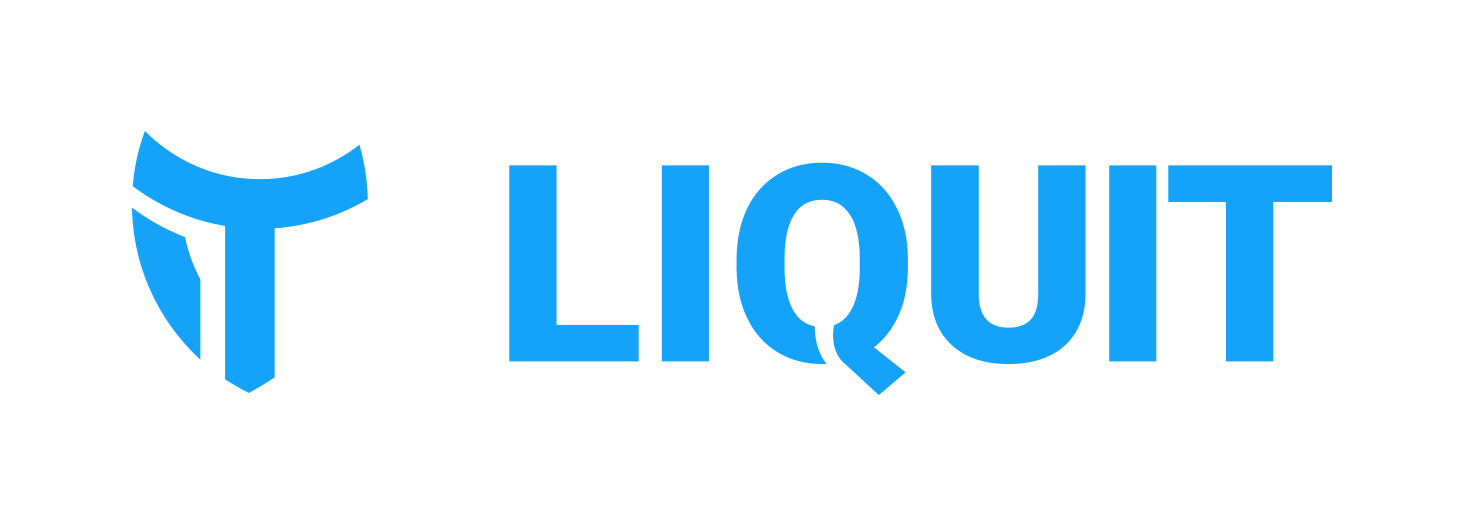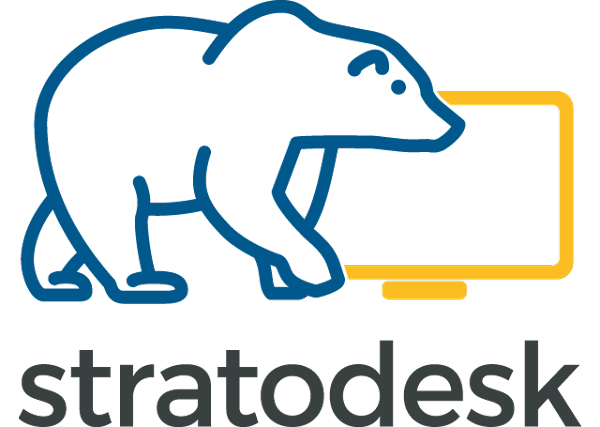VMblog: Provide a little background information on the company. What does your company look like in 2021?
Adam Lotz: Citrix was founded in 1989 and has a long history in enabling flexible and remote work. We've grown to serve 100 million users across 400,000+ organizations (Including 99% of the Fortune 500) in over 100 countries. Over the years, we've evolved from being a leader in VDI to providing a complete digital workspace platform that connects people with the information and tools they need to get work done - while providing IT the security and control they need over corporate data. We have a large footprint across organizations of all sizes, from SMB to highly regulated verticals like Healthcare, Manufacturing, Education, Government and Retail.
VMblog: We are here to talk about the accelerated world of remote work. How does your company see it and define it?
Lotz: Citrix has been a pioneer of remote work. We recently did some research which showed that more than 90 percent of employees prefer remote work, or working from any location other than office hubs, and 82 percent of companies plan to embrace it going forward. We're well positioned to help usher in this new era of workstyles and look forward to helping employees and organizations make this transition, but it isn't without challenges. Providing a secure, high-performing end user experience is critical to achieving a remote work strategy, and that's where Citrix technologies shine.
VMblog: There's a difference between Work From Home and Work From Anywhere, wouldn't you say?
Lotz: Yes and no. Prior to 2020, many organizations only had a small percentage of remote or "work from home" employees. Often they were in remote locations, performing specialized tasks, or maybe based in geographic territories to cover customers in those regions. And historically, we imagined those users with magazine-perfect home office setups, sitting at a large desk with a high-performance PC, a phone with headset always in reach, and a heavy door to close out distractions. That's not today's work from home world. As employees moved out of offices and into other spaces throughout the last 18 months, they were sitting at kitchen tables, on guest room beds, sharing workspaces with spouses and sometimes children, and often using any device they could get their hands on.
Working from home is just one of the "anywheres" that employees find themselves in today. But more importantly, supporting flexibility is key to success. We look at this as a new era of hybrid work, where your actual location matters less. That can most definitely include employees' homes, but can also include cafes, travel destinations, remote offices, and much more. Having access to the tools to provide a consistent work experience regardless of where you are makes all the difference in productivity and user satisfaction.
VMblog: Why might a Work From Anywhere model be more difficult to pull off?
Lotz: If you've based your IT structure around a physical office model, with managed PCs under desks, supporting work from anywhere can be a daunting task. There are technical concerns around security, device compatibility, network connectivity - and then more people-centric concerns around productivity, availability, and collaboration. IT is faced with delivering a solution to their business that supports both IT's needs for security and accessibility, as well as their users' needs for technology that is easy to access, enabling productivity. Traditional desktop and application management methodologies weren't created for this environment.
VMblog: What are some of the issues that companies will face as remote work becomes more extreme?
Lotz: As organizations explore hybrid working, they'll face increased likelihood of communication and collaboration gaps among teams. There's also the risk that they could inadvertently create a new digital divide with two classes of workers. Companies will need to embrace agility and focus on tools and policies that create an equitable environment for all workers, allowing employees to engage and collaborate in a transparent and efficient way to fuel innovation and growth.
VMblog: What are things companies should be doing today to better prepare for remote work as it migrates from work from home to work from anywhere?
Lotz: With Citrix, IT doesn't need to make that distinction - working from anywhere and hybrid work are integral to our vision, and we can help organizations embrace that shift, regardless of where they are today. Most companies have accepted that hybrid work is the way forward, so the question today is: what tools do you need to make your employees, and your business, most successful? We believe that having a digital workspace strategy that embraces cloud and desktop as a service (DaaS) capabilities is crucial to driving success for users everywhere.
VMblog: How has the shift to remote work affected people, connectivity, infrastructure, security, etc.?
Lotz: We've seen tremendous changes in the lifestyle of corporate work, in everything from real estate and facilities re-planning, to users who have embraced a new culture of working from new locations. While no one expected a global shift in business across 2020, the rise of -as-a-service technologies, and public cloud hosting scalability has helped everyone adapt. There are still challenges, of course - not everyone had the luxury of high bandwidth connections to their home, or modern devices to support multimedia conferencing apps - but technologies like Citrix can help overcome those technical details. IT is on the forefront of driving change in how users work and can really help business push forward to adapt a new "anywhere" culture.
VMblog: What can companies do to make sure their employees are staying focused, committed, and happy?
Lotz: First, stay focused on giving your users a great employee experience. Wherever they are, remove the barriers to getting work done and being productive. That means giving users an experience that is high performing, contextualized, and personalized for their needs. Next, couple this with tight but easy to use security - through single-sign-on, secure collaboration platforms, and policies that protect sensitive data. Lastly, in this new world of work flexibility, focus on the employee, with a keen eye on feedback and productivity - and adapt as needed.
VMblog: How do you see this change to working from anywhere affecting productivity? Will it increase, decrease, have no effect?
Lotz: We asked 10,000 global employees about their flexible work experiences, and nearly 70% of them responded that working from home makes them more productive, freeing them from the distractions and bureaucracy of the office. Of course, the move to flexible work isn't always an overnight success. There is a real change in corporate and personal culture in many organizations that must come about to make it happen - but it is here to stay. And employee well-being is a concern outside of the office as well. Without a traditional commute, it can be tough to mark the distinction between being "at work" and "offline," and we all need to remember to be respectful of those boundaries. But implemented properly, many organizations have seen a rise in employee satisfaction, productivity, and talent retention - despite having less face time with their staff.
VMblog: Do you see this shift in work changing the way all teams and organizations operate going forward?
Lotz: Almost certainly - either directly or indirectly. You're going to see more organizations adopt flexible models that empower employees to choose where and how they work best - whether that be from home, an office or both. People will select where they work based on what they need to accomplish on a given day. Offices will become hubs for team collaboration, connection and innovation, while working remote will focus on individual activities. Virtual interactions and unified communications tools are already bridging people in different locations in real time, and in many cases improving efficiency and reach.
VMblog: How does your solution enable a shift to remote work? And where do your solutions fit within the grand scheme of things?
Lotz: Flexible, remote work is core to Citrix Workspace. We empower our customers to move to a hybrid work model by providing a digital workspace platform that includes web, SaaS, Windows and Linux desktops, apps and data. Citrix can deliver secure access to everything people need to be productive, wherever they need to be.
VMblog: What specific problems in the world of remote work are being solved by your solutions?
Lotz: Citrix offers an end-to-end solution that tackles dispersed workforce challenges. High performance or graphical apps? We've got that covered. Access from any end user device? Check. Secure access to corporate data from anywhere? Always. Global DaaS connectivity? Yes, with millions of users worldwide. IT lifecycle management tools? In the box. Zero trust security? Fundamental to our offerings. Finally, our solutions help drive, foster, and simplify work - while improving IT TCO and your security posture.
We view hybrid work not only as a solution to specific times when users can't access an office, but as a long-term solution to the future of how work gets done. By making it easier for users to their best work remotely, it can have large-scale implications for initiatives like global expansion, talent acquisition, and mergers and acquisitions.
VMblog: How are you different from your competitors? Why would someone prefer your offerings to those provided by others in the industry?
Lotz: Citrix has been a leader in the VDI space for over three decades, with a large global footprint and deployments that touch millions of users. We're committed to providing the best user experience and improving productivity through flexible work, and our strong industry partnerships give customers diverse options for deployment. As IT has evolved from traditional on-premises deployments, we've evolved too - our common service platform gives IT one place to manage their entire environment - whether your resources are hosted on-prem, in a public cloud, or in a hybrid mixture of both. Our end-to-end view of your deployment from network to application gives IT a single management layer for efficiency - but also delivers intelligent insights into user behavior, performance, and security concerns. Customers of all shapes and sizes choose Citrix for their needs - from small businesses just starting out to global corporations.
VMblog: What does the future of work look like? Will we go back to the office? Will remote work expand? Will we see a hybrid? What happens if employees don't want to return to the office but employers do?
Lotz: We've seen firsthand that the future of work is always evolving. Workstyles have fundamentally changed, and people are not going back to working the way they used to. The need to return to physical office space has changed, and the roll-out and adoption of new work tech tools has already evolved the way we collaborate. Keeping open lines of communication and setting expectations for employees will always be vital in this transforming world of work, but selecting a strong platform to enable your users, wherever they are, is a solid starting point.
